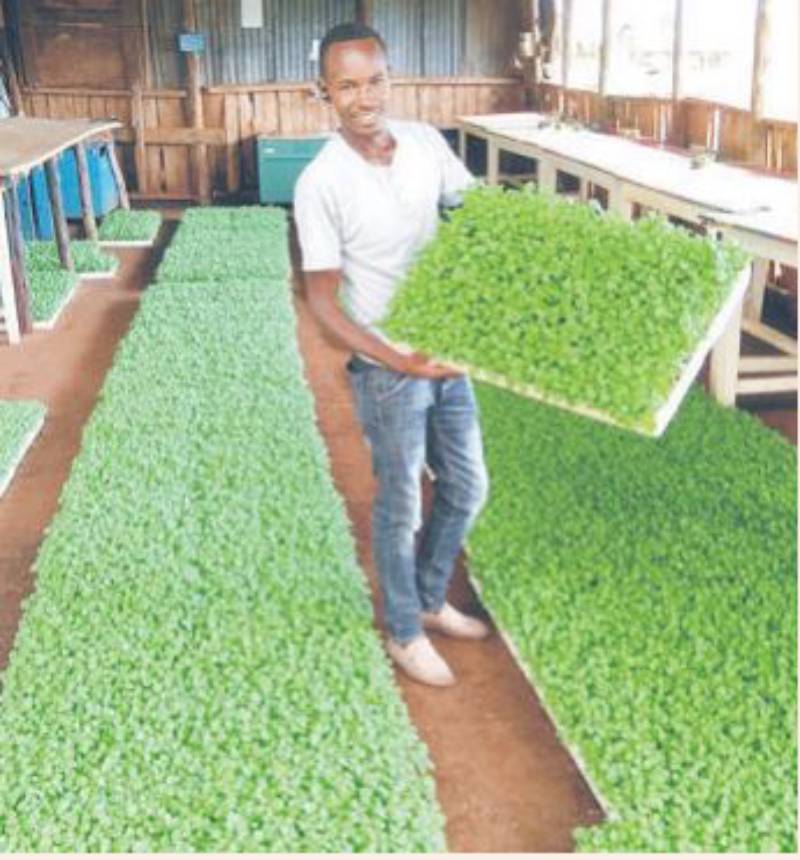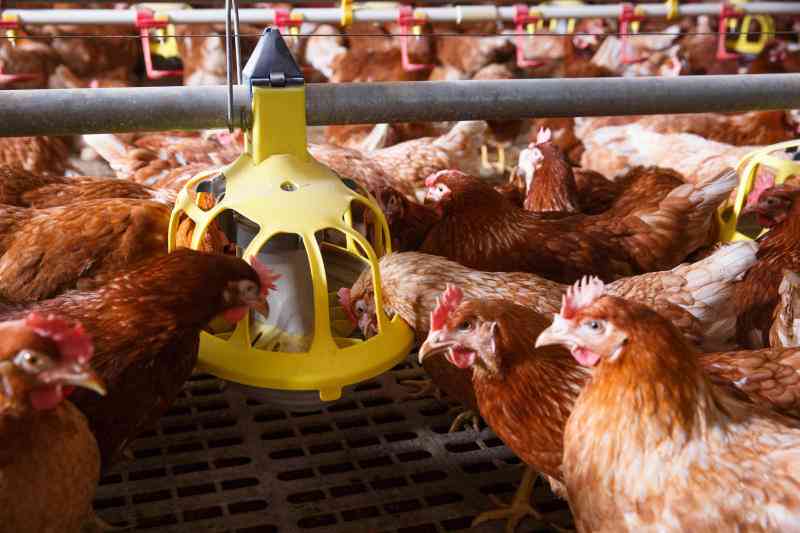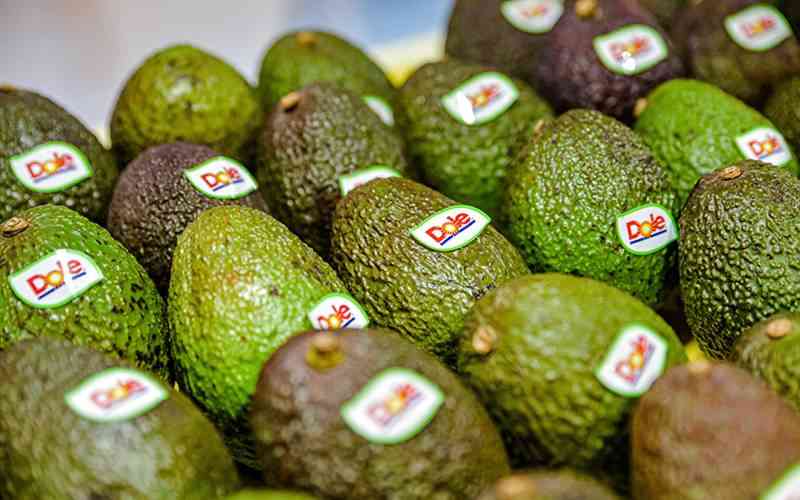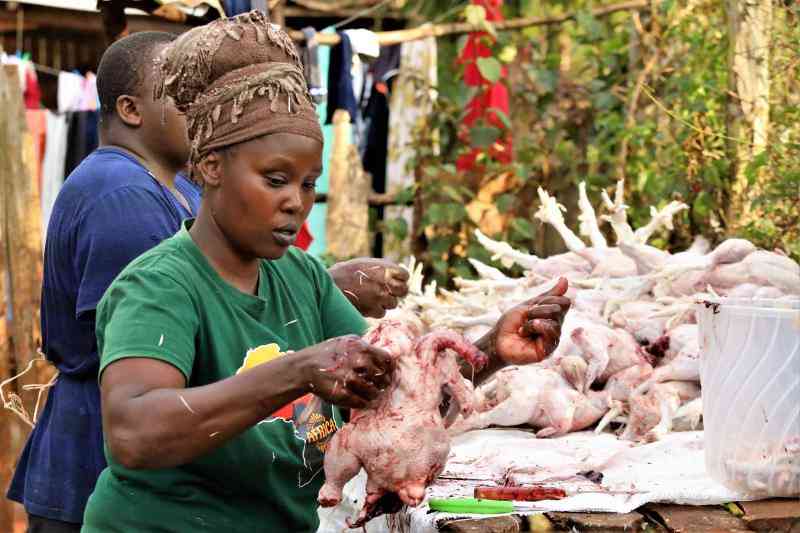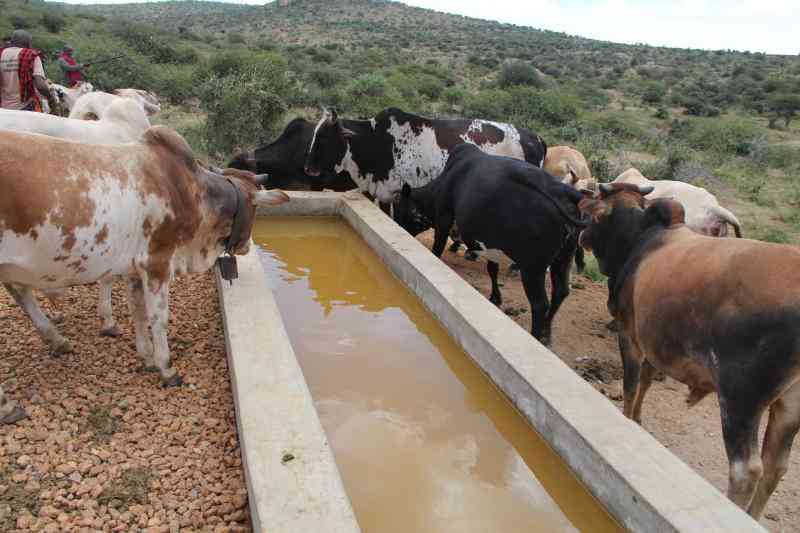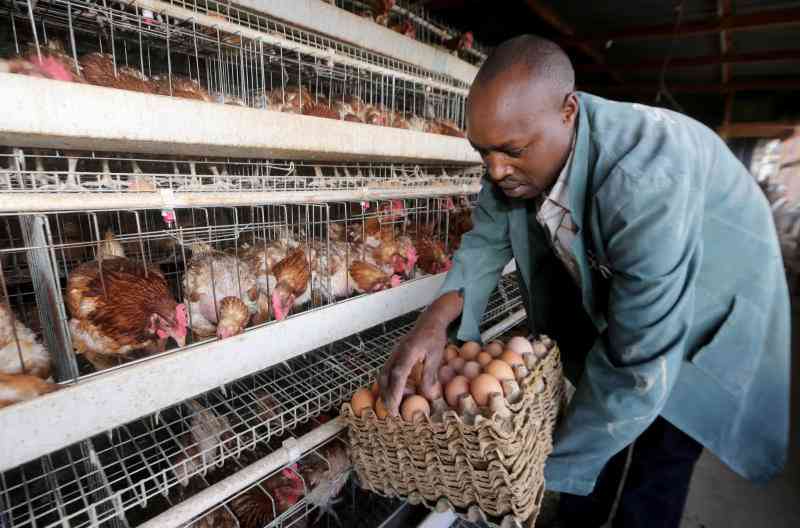Members of a youth group are minting money selling vegetables after taking advantage of the Youth Fund to establish a farm. They specialise in Spinach, Sukuma Wiki and Managu.
Samuel Kamau who is a member of the group says they met while working for a company that bought farm produce from farmers and then supplied the same to supermarkets.
“Farmers used to give us their experiences when they came to deliver their farm produce and the stories were always positive. They looked happy and we couldn’t believe the kind of money they were earning. After a while, we formed a group of thirty people where we started discussions on getting into serious farming. In the end, only ten of us were willing to continue with the idea,” says Kamau.
They registered “Youth Empowering Group” and their next step was to look for funds. They applied for the Youth Funds and luckily qualified for a loan of Kshs. 120,000.
“We were to share the money to every member so they could establish a business of their choice as per the requirements but we realised we couldn’t do much with Sh12,000 each. We, therefore, decided to get into farming together,” he adds.
To avoid disagreements in the future, they signed an agreement together that bound them into a joint agribusiness venture. They also laid down the group rules and regulations and agreed to follow them. One member from Ngecha in Limuru Constituency in Kiambu County managed to get a friend to lease to them 10 acres of land for Sh12,000 per year.
Luck was on their side as the land has a borehole hence water is not a problem to them. In February this year, they put 2 acres under Sukuma Wiki, 2 acres under Managu and 6 acres under Spinach. Kamau says they had realized vegetables had good returns and especially Spinach was in high demand most of the season and fetched good prices.
“We come from different areas of the country and later we left our common employer and each one of us is earning his daily bread separately. We have therefore employed 6 salaried workers at the farm. During harvesting, we employ 12 others on a casual basis.
Kamau says they have a company that buys most of their farm produce but they occasionally supply to hotels, schools and market vendors on demand. After every harvest, they set aside money for the farm requirements and divide a share of the profits among the members. The rest is kept in the group account as savings.
“We were able to save Sh240,000 during our first harvest after deducting our shares and expenses. This motivated us and proved we made the right decision. Our recent harvest fetched about Sh500,000 and we expect a good profit,” he adds.
In total, they have made sales worth over Sh1.2 million during the four times they have harvested. They use drip irrigation and sprinklers on the farm to water the vegetables. Overhead irrigation is a challenge during sunny seasons as it affects the vegetables’ leaves according to Kamau.
Another challenge they faced was lack of knowledge on which chemicals to use for pest control. They have since managed to engage agronomists who advises them on how to go about it.
Want to get latest farming tips and videos?
Join Us
 The Standard Group Plc is a multi-media organization
with investments in media platforms spanning newspaper print operations,
television, radio broadcasting, digital and online services. The Standard Group
is recognized as a leading multi-media house in Kenya with a key influence in
matters of national and international interest.
The Standard Group Plc is a multi-media organization
with investments in media platforms spanning newspaper print operations,
television, radio broadcasting, digital and online services. The Standard Group
is recognized as a leading multi-media house in Kenya with a key influence in
matters of national and international interest.
 The Standard Group Plc is a multi-media organization
with investments in media platforms spanning newspaper print operations,
television, radio broadcasting, digital and online services. The Standard Group
is recognized as a leading multi-media house in Kenya with a key influence in
matters of national and international interest.
The Standard Group Plc is a multi-media organization
with investments in media platforms spanning newspaper print operations,
television, radio broadcasting, digital and online services. The Standard Group
is recognized as a leading multi-media house in Kenya with a key influence in
matters of national and international interest.

